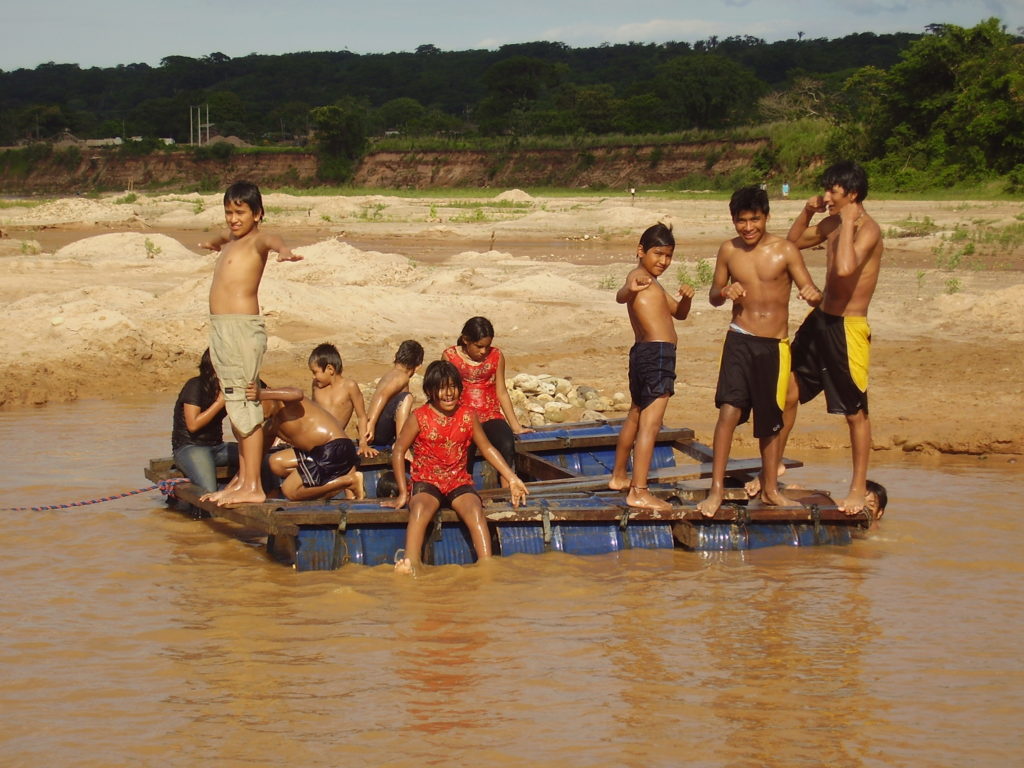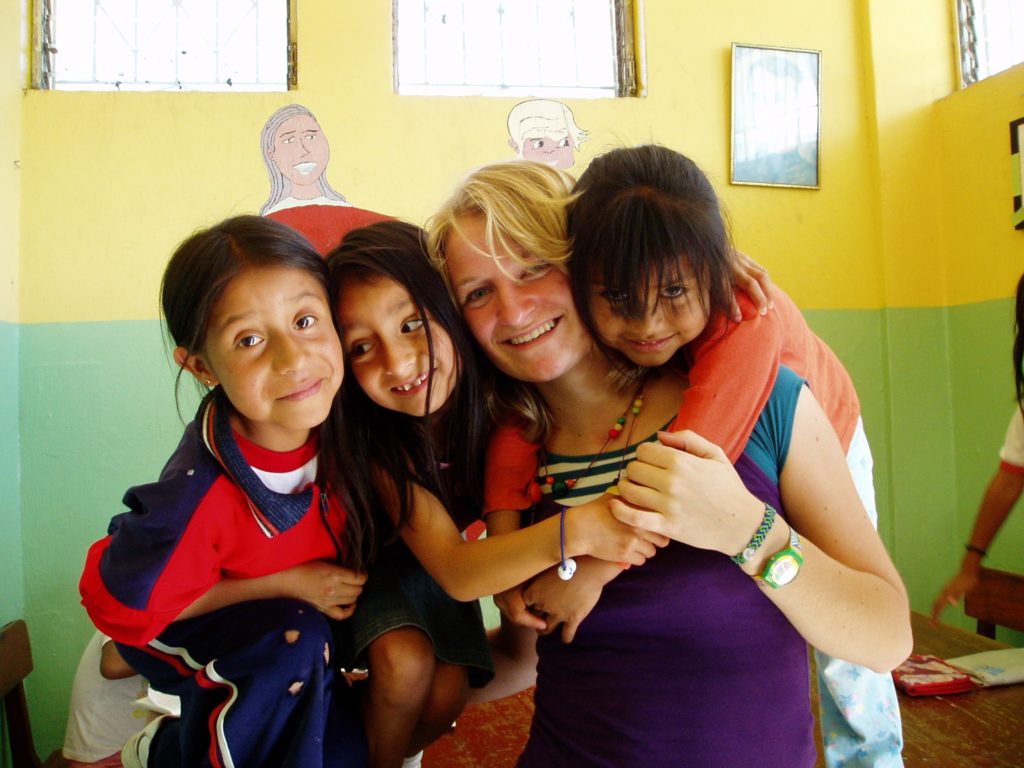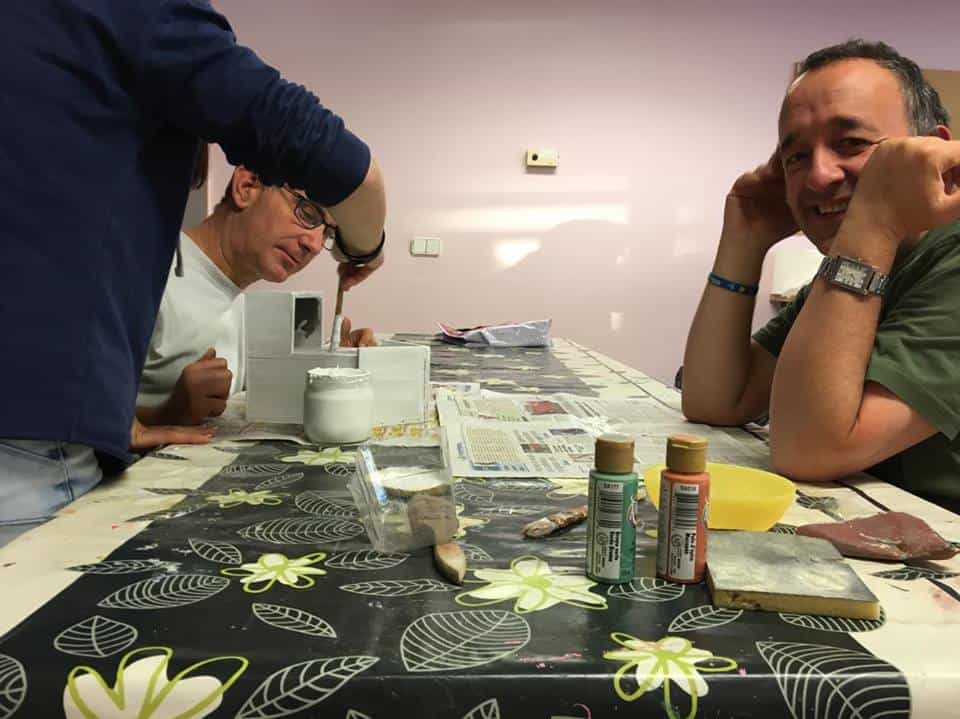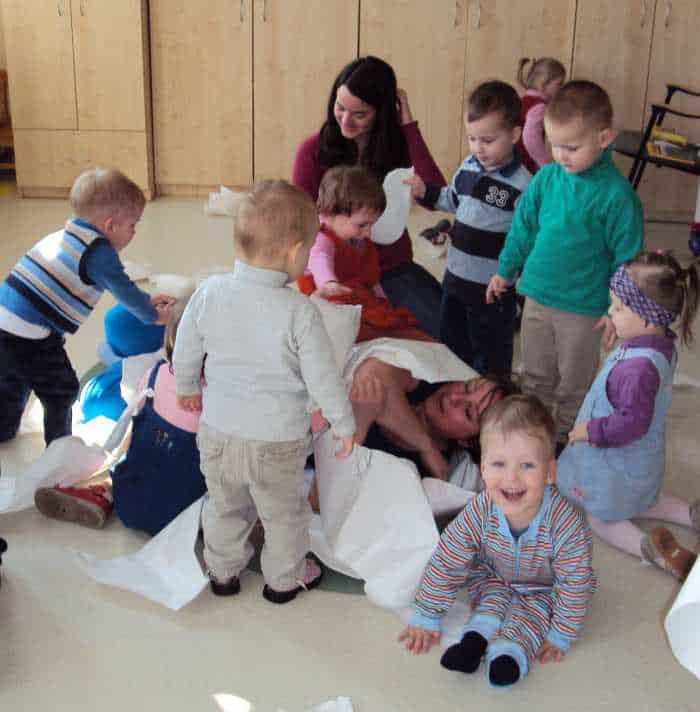Annie and Max have both experienced various forms of volunteering abroad. In an interview with NGOJobs, they talk about their experiences and what they have learned. Both have been able to gain insights into different organizations and report on possible difficulties in volunteering. They also talk about the not always uncontroversial form of voluntourism and the occasional fees that organizations charge.
Decision support & the cost point...
What criteria did you use to choose your traineeship, why did you choose this project?
Max: I had already been traveling in Central America for almost two months when I began my intensive search for what I would call meaningful work. As I had saved up a small financial cushion for the coming months, I was prepared to work as a volunteer for a good, exciting project over a longer period of time.
However, I quickly realized that small organizations in Latin America in particular are often dependent on fees or donations from volunteers. Most of the organizations I had contact with were very much focused on voluntourism. After a few weeks, lots of discussions and persuasion - also because I couldn't and didn't want to pay such fees in this form - I finally ended up in a great surfing and education project run by an organization in northern Peru.
Wie stehst du zu den häufig üblichen „Gebühren“ für ein Volontariat und Organisationen, die sich zu einem Teil – manchmal zum Großteil – über die Volontär_innen finanzieren?
Annie: I am very critical of these so-called "fees", but my willingness to make an additional financial contribution to a project depends on the respective project country. So in a country like Uganda, for example, where I assume there is less funding for volunteer projects, I would certainly pay if the project seemed worthwhile to me. I would question this more in a country like Iceland, as I assume that there are various funding pots or state funding for NGO projects there.
Similarly, additional fees for meals and/or accommodation during a project do not seem plausible to me if the volunteer project participants have already paid participation costs anyway.

Instructive or thorn in the side?
What positive and negative experiences did you have during your traineeship?
Max: There were certainly a few that I could list right now, but as I was largely responsible for looking after the volunteers, who were usually on site for 2-3 weeks, I saw the difficulties that all this entails. Many expectations are very difficult or even impossible to fulfill in such a short time. It also happened that volunteers were a little disappointed with their actual impact on the project.
It was a very instructive experience, but in some ways also a thorn in the side - when organizations create unrealistic expectations in order to recruit volunteers and thus donations.
My experiences were a little ambivalent in this respect. On the other hand, all the volunteers in our project actually left super satisfied, but often with the comment that initial communication was difficult. Unfortunately, this cannot always be avoided during such short stays.
In your opinion, what outweighs most forms of volunteering abroad, the actual help provided in the respective project or the personal development?
Annie: In my opinion, this is very project-dependent and I can therefore only report on my own experiences. I have definitely experienced projects that I found to be both supportive for the project target group and a very instructive activity and further training for the project participants.
In contrast, I have unfortunately also come across projects where the project team's lack of organization made it difficult to produce meaningful and long-term output for the target group, as, for example, in a 3-week project, a week would pass before the exact project location was determined or relocated. This is of course disappointing for all participants and also not useful for the progress of a project.

To what extent were your expectations of this traineeship fulfilled?
Max: In the end, I left extremely satisfied and very enriched. I had very few expectations beforehand, as everything started very quickly and spontaneously. Thorough planning in advance is certainly advisable, but as I hadn't set myself a time limit, it was again very difficult to decide when I would even stop or travel back home. In the end, I decided to start my Master's degree and that's why I came back. But the contact there is and will certainly always remain close.
Tips for interested parties
Do you have any important tips for interested future volunteers? What in particular should be considered during preparation?
Annie: I think it's very important to be aware of your own expectations of a volunteer project and then decide which destination country and which project area (environment, children & youth, education, etc.) you would like to volunteer in. If you then feel that you are prepared to cover the travel, visa and participation costs for the selected project yourself, I would take the plunge.
I have worked in a wide variety of volunteer projects (paid and unpaid) and was able to gain exciting and useful impressions in both categories. For example, at the beginning of my Bachelor's degree (International Development), I took part in a project in Kenya on the topic of "Conflict Transformation and Peacebuilding", for which I was also paid.
In retrospect, this project was really worth it, because later on, during my studies, I became more and more involved with conflict studies and I now work as an employee at the ÖBM (Austrian Federal Association for Mediation), where alternative conflict resolution methods play a major role.
Links
Voluntary social year in Austria



